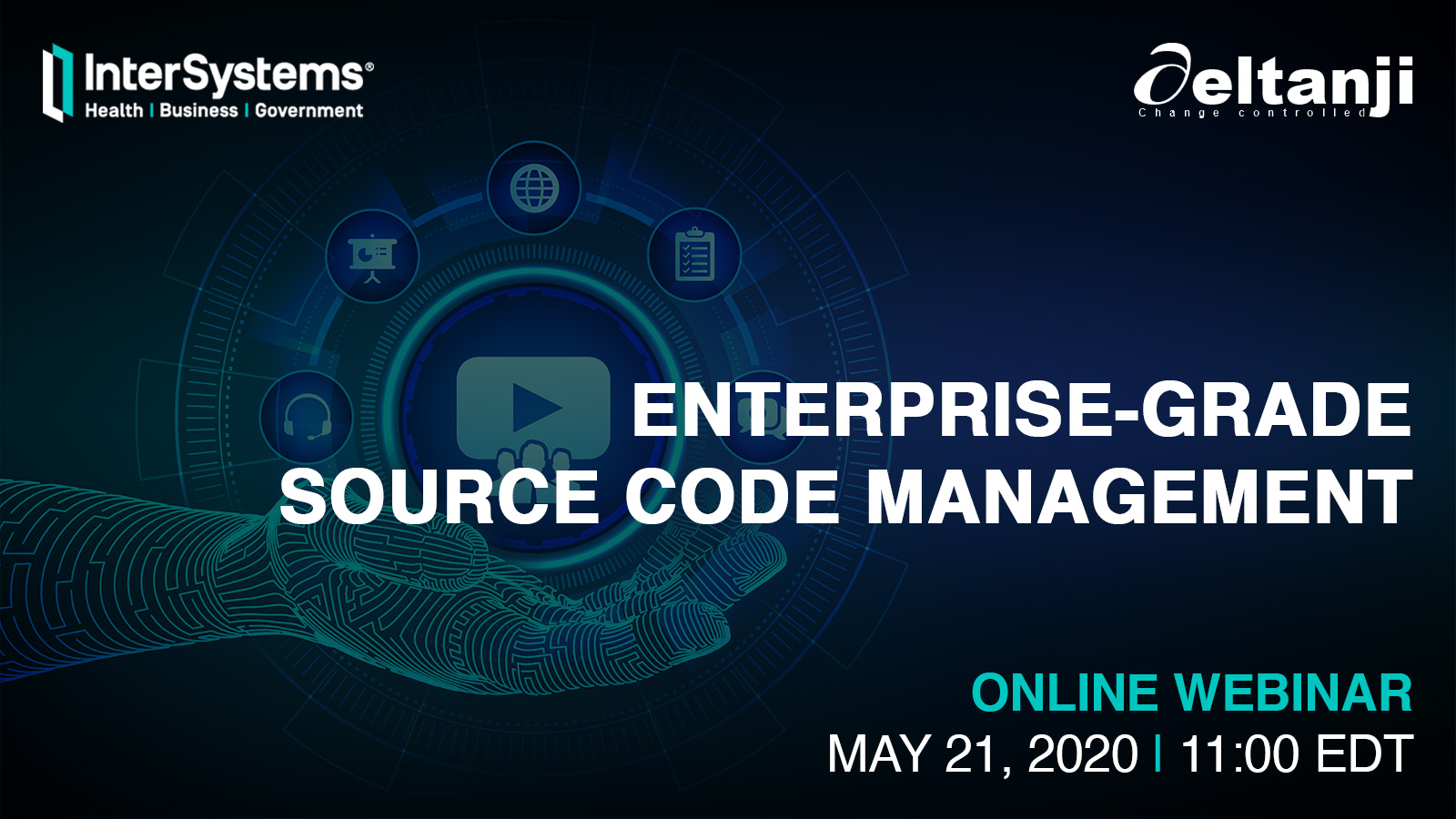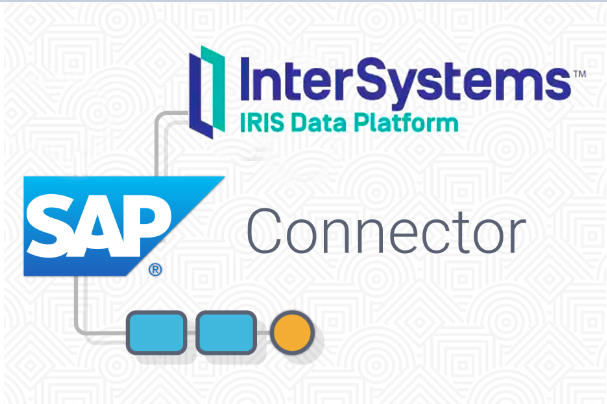Keywords: ChatGPT, COS, Lookup Table, IRIS, AI
Purpose
Here is another quick note before we move on to GPT-4 assisted automation journey. Below are some "little" helps ChatGPT had already been offering, here and there, during daily works.
And what could be the perceived gaps, risks and traps to LLMs assisted automation, if you happen to explore this path too. I'd also love to hear anyone's use cases and experiences on this front too.

.png)

.png)
